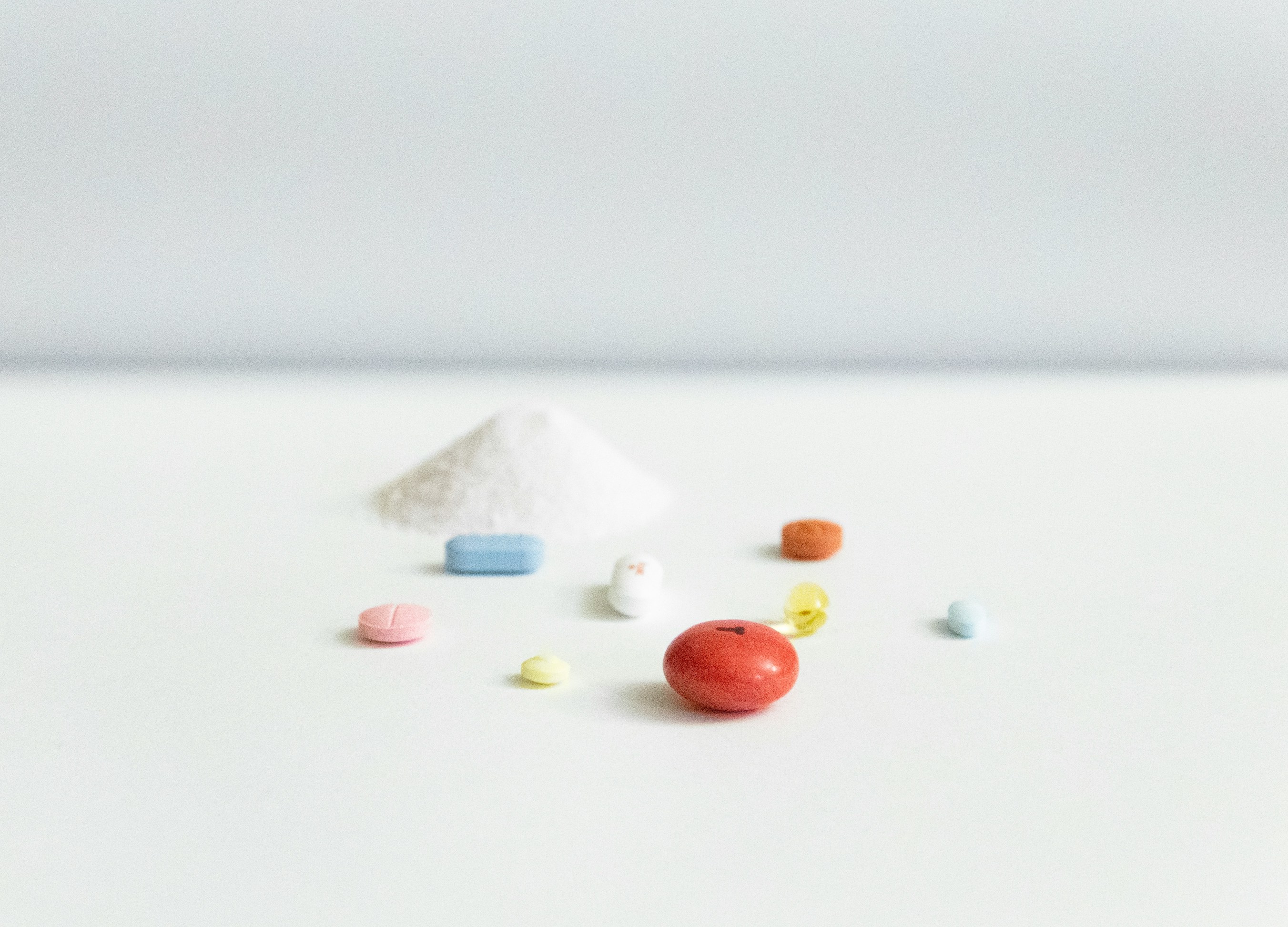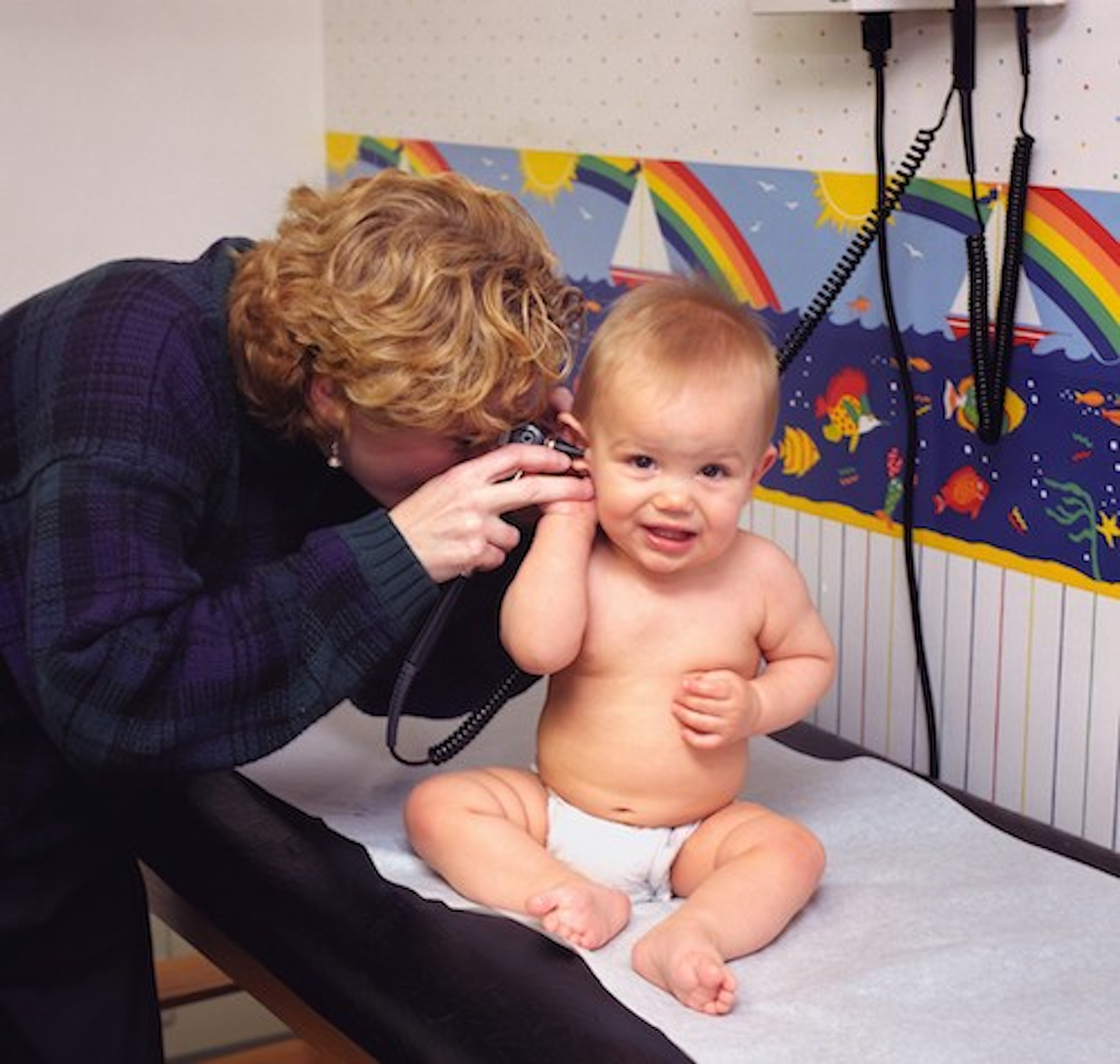Antibiotics: Use Them Wisely for Sick Children
It's time to talk about antibiotics. I'll admit, it's not an easy topic. I haven't heard so many myths and fears about any other group of medications. We even started evaluating children's health based on how many courses of antibiotics they've taken in their lifetime. So, what are antibiotics, why are they necessary, and why should we try to use them as little as possible?
Antibiotics are natural or synthetic substances that destroy bacteria or inhibit their growth and reproduction. I would really like to highlight or repeat this definition several times, especially the part that indicates that antibiotics only destroy bacteria, not viruses. Therefore, antibiotics should not be prescribed for viral infections. They are not a panacea for all illnesses.
More



